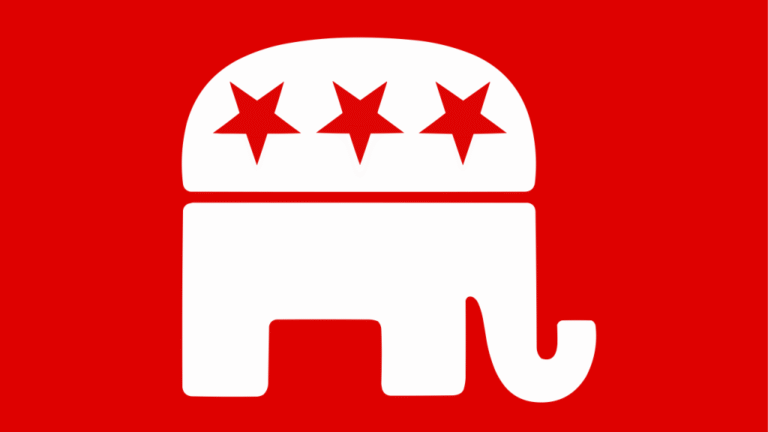The Republican Party is one of the two major political parties in the United States, known widely as the GOP, which stands for Grand Old Party. Founded in 1854, the party emerged mainly from anti-slavery activists, former Whigs, and Free Soilers who opposed the spread of slavery into new territories. The first Republican president was Abraham Lincoln, elected in 1860, whose leadership during the Civil War helped end slavery and shape the nation’s future. Since then, the Republican Party has played a central role in American politics.
The party’s ideology is largely conservative, emphasizing limited government intervention in the economy, free-market capitalism, and strong national defense. Economic policies favored by the Republican Party generally include lower taxes, deregulation of industries, and support for free trade, although some trade policies have shifted in recent years. On social issues, the party tends to support traditional values, including opposition to abortion and strong protection of Second Amendment rights, which guarantee gun ownership. The Republican Party also advocates for religious freedom and often aligns with evangelical Christian voters.
Demographically, the Republican Party draws support from rural areas, many suburban communities, evangelical Christians, business groups, and older voters. Its strongest support tends to be in the South, the Midwest, and parts of the Mountain West. However, support can vary significantly depending on region and election cycle. The party’s base has evolved over time, and recent years have seen shifts in voter priorities and demographics.
Throughout history, the Republican Party has been led by many influential figures. Past leaders include Abraham Lincoln, Theodore Roosevelt, Dwight D. Eisenhower, Ronald Reagan, and the Bush family presidents—George H.W. Bush and George W. Bush. More recently, the party was shaped by Donald Trump, the 45th president, who brought a populist and nationalist tone to its policies and messaging. Other key contemporary leaders include Senator Mitch McConnell and Representative Kevin McCarthy, who hold important roles in the Senate and House respectively.
The Republican Party operates through a network of organizations at the national, state, and local levels. The Republican National Committee, or RNC, coordinates election strategies and fundraising efforts nationwide. State and local Republican parties manage campaigns and policy efforts closer to voters. This organizational structure allows the party to maintain influence and contest elections throughout the country.
In American politics, the Republican Party has alternated in controlling the presidency and Congress with the Democratic Party. The competition between these two major parties shapes most national and state elections. Policy debates often focus on key issues like economic management, healthcare, immigration, and social values, with the Republican Party generally promoting smaller government and individual freedoms.
In recent years, the Republican Party has faced internal divisions. The rise of Donald Trump introduced a new populist and nationalist element that some traditional conservatives and moderates find challenging. These tensions within the party reflect larger questions about its direction and priorities. The party must balance the interests of its diverse voter base while responding to changing political and social landscapes.
The Republican Party also faces criticism from opponents who argue that some of its policies contribute to economic inequality, restrict voting rights, and resist progress on social issues. Supporters counter that the party defends personal freedoms, economic growth, and strong national security. These debates highlight the deep political polarization in the United States.
As the Republican Party moves forward, it remains a powerful force in shaping U.S. policy and elections. How the party addresses its internal divisions, responds to new political challenges, and connects with voters will play a key role in American politics for years to come. The party’s history, ideology, and ongoing evolution continue to influence national debates on governance, policy, and the future of the country.







